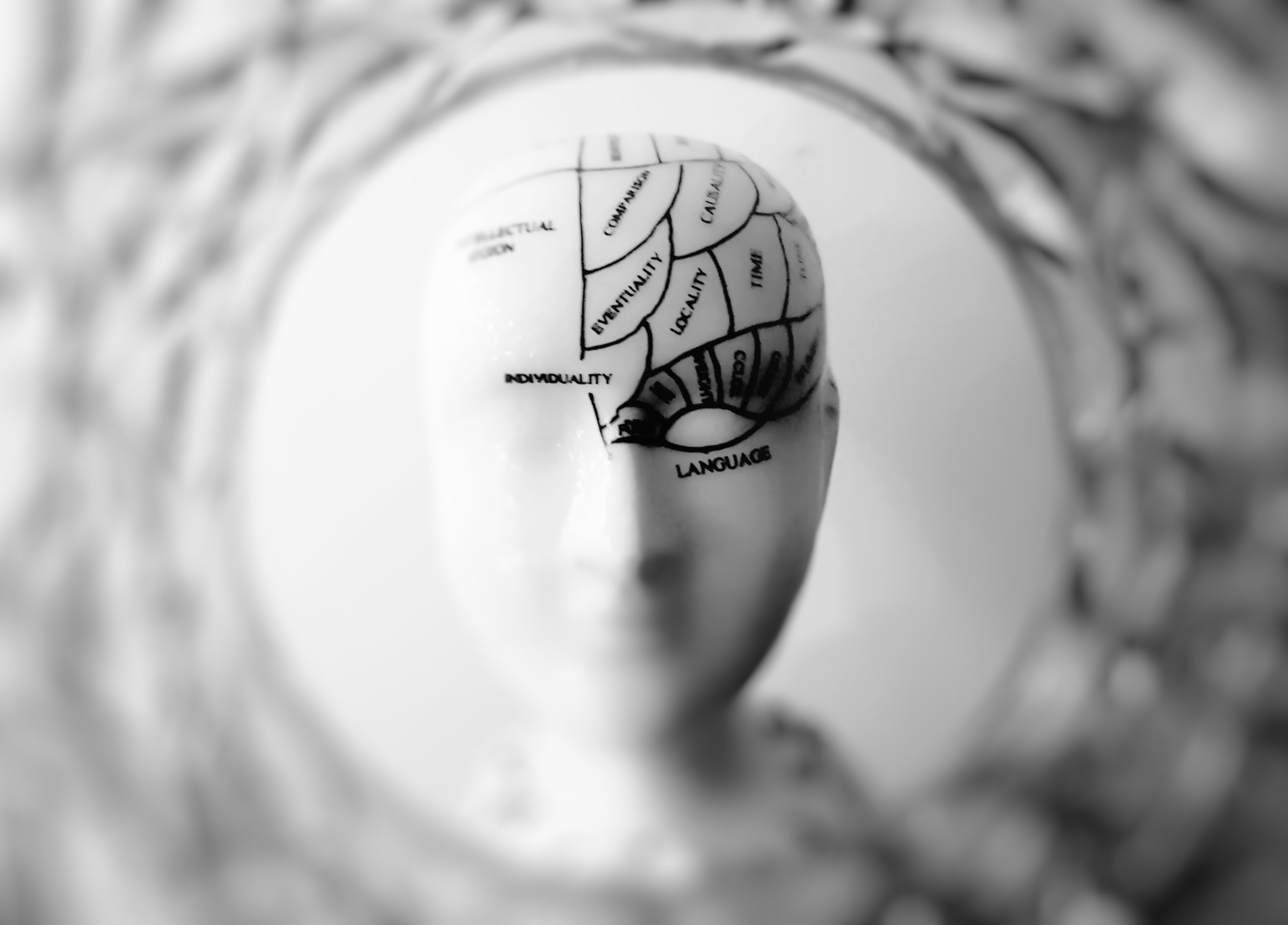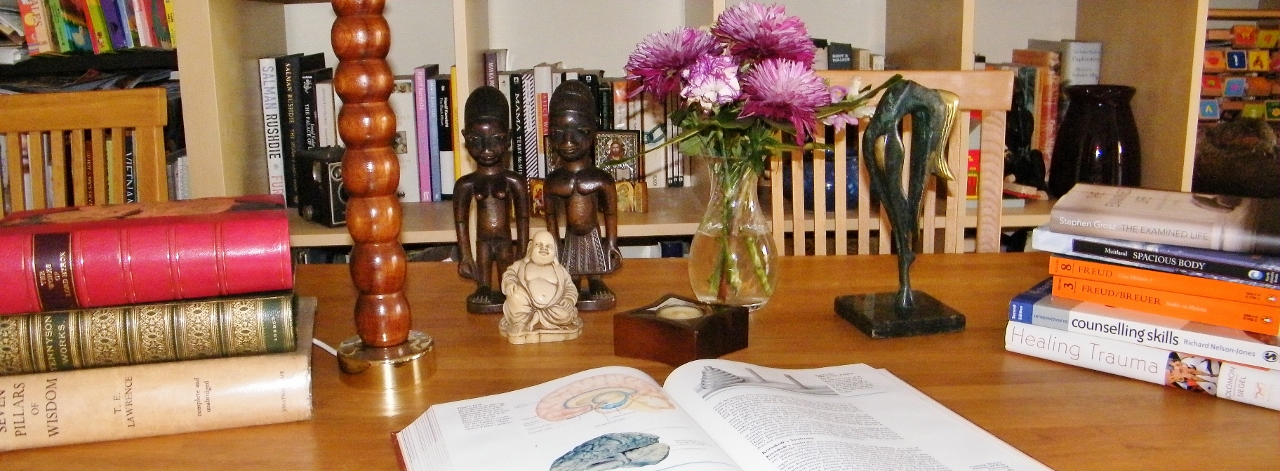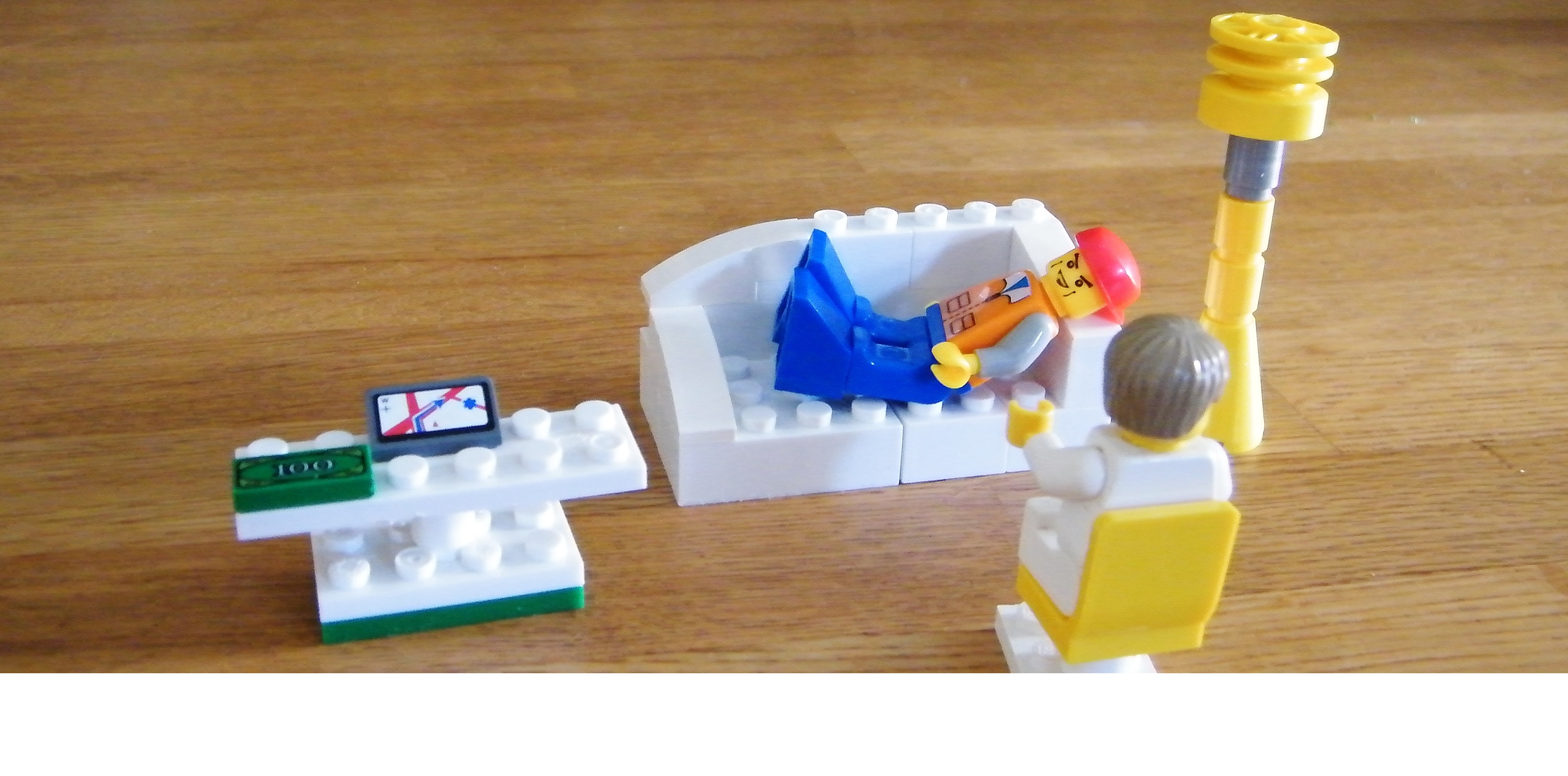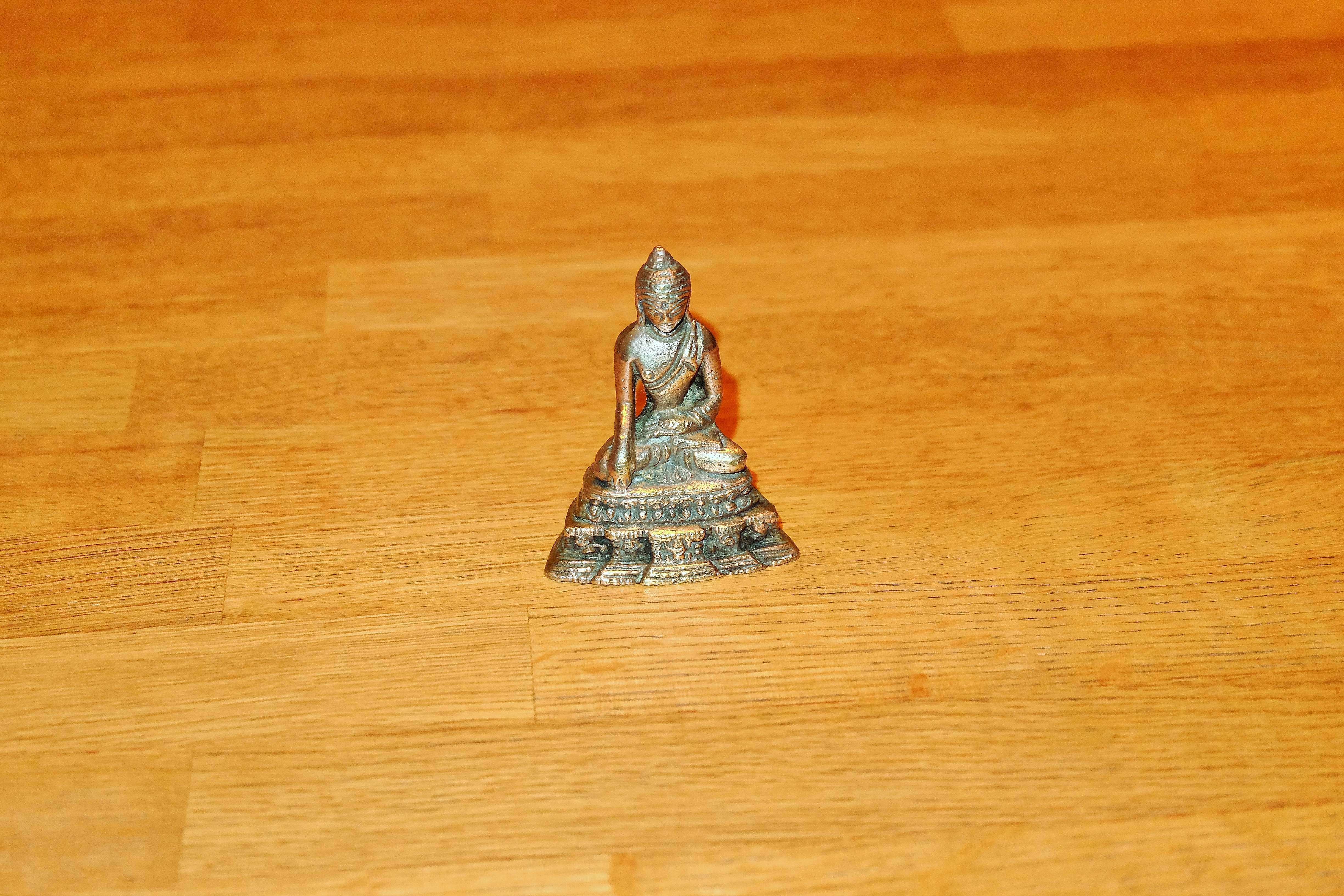By Gregori Savva, Aug 31 2015 04:12PM
Noticing Your Autopilot. Very few of us pay close attention to the daily routines and tasks we perform on a regular basis. Some of these tasks have become so simple and habituated we do them without thinking. Tasks such as making coffee, reading emails, brushing our teeth or driving to work every day are completed with almost mindless monotony. We are often unaware how much our mind becomes distracted and begins to wander. Or gets caught up unnecessary chatter, such as repetitive cycles of anxious thinking and worrying. As if we had just embarked on a runaway train.
This often frequently causes undue stress, frustration and overwhelming feelings of despair as we walk the treadmill. We do it instinctively without due care and attention, setting up conditioned responses and automatic cycles of behaviour. I refer to this act of ‘mindless thinking’ as our autopilot. It is something we do instantly without focus or conscious awareness. It feels robotic and inevitable. A clear example of this is driving our car on automatic pilot. During our journey home at the end of a hard day’s work when we are tired and stressed out, we might switch on the radio or some music and listen in a weary daze, without noticing anything of about our drive. We’re so familiar with the journey we barely take account of the whole series of decisions we take, or the tasks and manoeuvres we perform as we drive home.
Perhaps you’re not convinced by this story, so let’s spend a moment to remind yourself. Try to recall a journey you made to a familiar destination only recently. After arriving at your destination do you have any clear memory of the journey whatsoever? Think carefully: from beginning to end. Do you remember? If not; it’s highly probable you simply sat at the wheel, pointed the engine straight ahead and drove without any conscious awareness of how you got home at all. You can’t recall the route or what you observed about the other cars, the people on the street, the traffic signs, the road names or the outstanding features of the landmarks. You don’t even remember turning, braking or accelerating from standstill. Somehow, unconsciously you drove home responding to most things in a trance.
It’s only when you realise this is happening that you have broken the cycle. This is what I call ‘noticing your autopilot’. It’s also true in many other situations where we perform a routine, daily tasks without thinking too much. What I am asking you to do is break the habit simply by noticing your autopilot. Try to do this a few times day for a week. Remind yourself to reflect back on your experience after each routine task, especially where you’re most likely to follow a mundane procedure out of habit. Notice whether your concentration seems to drift, whether you lose focus or your mind begins to wander. You may even become detached from your sensations, hold onto your breath while sitting, get caught up in a task and miss lunch or forget to go to the toilet.
Eventually, each day, with every new task try to notice what sensations have been missing from your experience as you drift onto autopilot. Can you recall if you felt anything at all? Do you notice if what’s missing are: physical sensations, emotions, your sense of conscious awareness or your connectedness to others? Other examples where you might begin to ‘notice your autopilot’ are during routine tasks such as eating, reading the paper, travelling by train, watching TV, writing out a list or making small talk with other people. Noticing you do this, is the first step to creating a mindful environment. It is a way of switching back onto small gaps in our awareness that begin to add up: missing out on small pleasures, forgetting to relive ourselves, ignoring pain and stress and avoiding contact with others. You can choose to be an automaton, or a sentient being. It’s up to you. Thanks for reading at Counselling Twickenham, EnduringMind.





0 Comment